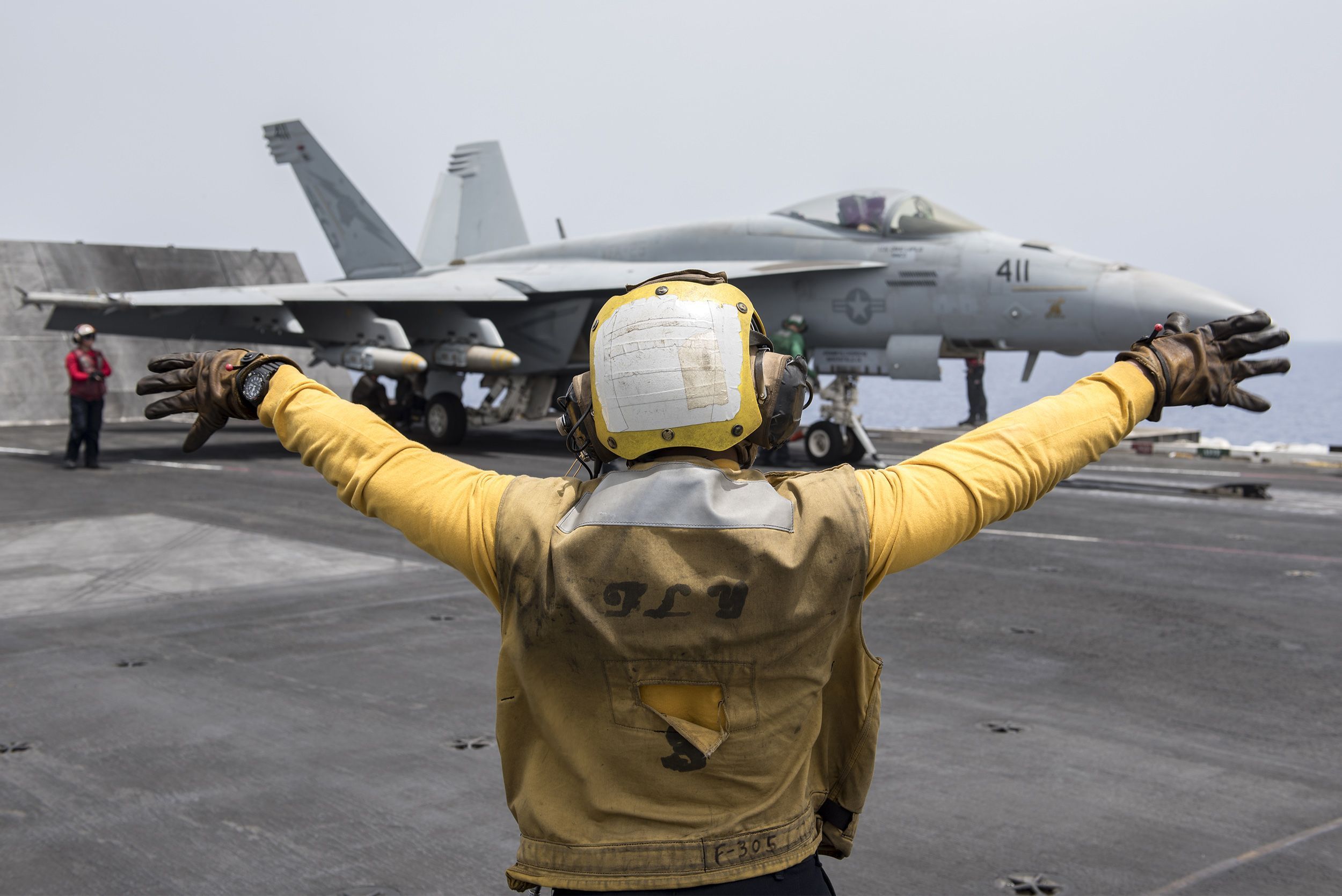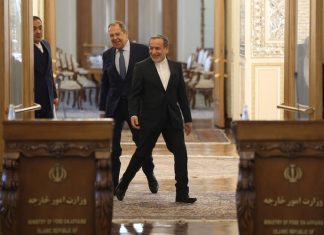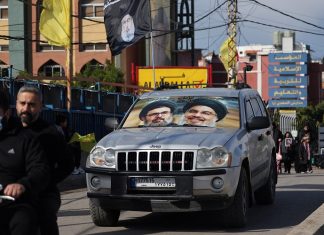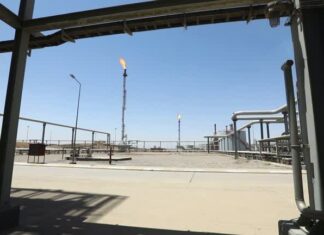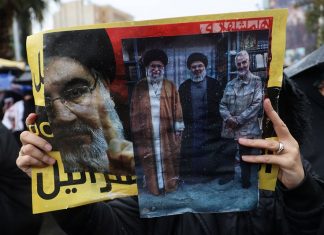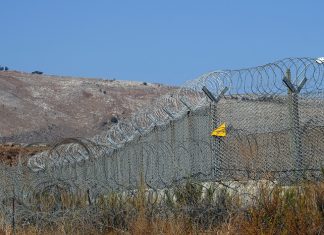By Phil Stewart
WASHINGTON, June 27 (Reuters) – The United States said on Sunday it carried out another round of air strikes against Iran-backed militia in Iraq and Syria, this time in response to drone attacks by the militia against U.S. personnel and facilities in Iraq.
In a statement, the U.S. military said it targeted operational and weapons storage facilities at two locations in Syria and one location in Iraq. It did not disclose whether it believed anyone was killed or injured but officials said assessments were ongoing.
Iraqi militia groups aligned with Iran in a statement named four members of the Kataib Sayyed al-Shuhada faction they said were killed in the attack on the Syria-Iraq border. They vowed to retaliate.
The strikes came at the direction of President Joe Biden, the second time he has ordered retaliatory strikes against Iran-backed militia since taking office five months ago. Biden last ordered limited strikes in Syria in February, that time in response to rocket attacks in Iraq.
“As demonstrated by this evening’s strikes, President Biden has been clear that he will act to protect U.S. personnel,” the Pentagon said in a statement.
The strikes came even as Biden’s administration is looking to potentially revive a 2015 nuclear deal with Iran. The decision to retaliate appears to show how Biden aims to compartmentalize such defensive strikes, while simultaneously engaging Tehran in diplomacy.
Biden’s critics say Iran cannot be trusted and point to the drone attacks as further evidence that Iran and its proxies will never accept a U.S. military presence in Iraq or Syria.
Iran called on the United States to avoid “creating crisis” in the region.
“Certainly what the United States is doing is disrupting security in the region, and one of the victims of this disruption will be the United States,” Iranian Foreign Ministry spokesman Saeed Khatibzadeh said on Monday.
In an apparent indication that Baghdad is determined to avoid getting sucked into a U.S.-Iran escalation, Iraq’s military issued a rare condemnation of the U.S. strikes. The Iraqi and U.S. militaries continue close coordination in a separate battle in Iraq, fighting remnants of the Sunni extremist group Islamic State.
Biden and the White House declined comment on the strikes on Sunday. But Biden will meet Israel’s outgoing president, Reuven Rivlin, at the White House on Monday for a broad discussion that will include Iran and U.S. efforts to re-enter the Iran nuclear deal. Those efforts have raised serious concerns in Israel, Iran‘s arch-foe.
U.S. officials believe Iran is behind a ramp-up in increasingly sophisticated drone attacks and periodic rocket fire against U.S. personnel and facilities in Iraq, where the U.S. military has been helping Baghdad combat the remnants of Islamic State.
Two U.S. officials, speaking to Reuters on condition of anonymity, said Iran-backed militias carried out at least five drone attacks against facilities used by U.S. and coalition personnel in Iraq since April.
The Pentagon said the facilities targeted were used by Iran-backed militia including Kataib Hezbollah and Kataib Sayyid al-Shuhada.
One of the facilities targeted was used to launch and recover the drones, a defense official said.
The U.S. military carried out strikes with F-15 and F-16 aircraft, officials said, adding the pilots made it back from the mission safely.
“We assess each strike hit the intended targets,” one of the officials told Reuters.
Iraq’s government is struggling to deal with militias ideologically aligned with Iran which are accused of rocket fire against U.S. forces and of involvement in killing peaceful pro-democracy activists.
Earlier in June, Iraq released Iran-aligned militia commander Qasim Muslih, who was arrested in May on terrorism-related charges, after authorities found insufficient evidence against him.
Iraq Releases Iran-Aligned Commander Arrested on Terror Charges
(Reporting by Phil Stewart in Washington Additional reporting by Steve Holland in Washington, John Davison in Baghdad Editing by Matthew Lewis, William Maclean)

